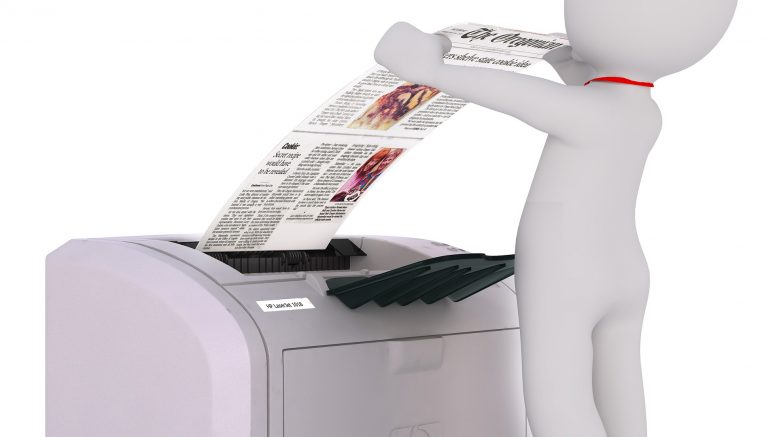Data transfer has evolved through the years as technology continues to offer people with bigger and more convenient ways to get information that are essential to both personal and business needs. From an age where people would simply send a document or look for a nearby telegraph, the modern age now offers plenty of ways to send and receive information and messages.
Time and delivery are two factors that people would be worried about at the time. Greek soldiers would be commissioned to carry messages across great distances on foot although Graham Bell improved that in 1876 with the introduction of the telephone. From Bell’s brainchild, the possibilities have expanded through technology, bringing forth modern-day solutions such as the facsimile machine and computers.
The first fax transmission was made in 1962, one that could be done through the modulation of sound using telephone lines. In the computer era, the entry of Internet Protocol (IP) further opened new possibilities, one of the focal points that pioneered the data communication solutions we now enjoy.
Despite the coming of the computer era, facsimile machines remained in circulation. It was still seen as the best way to send and receive documents with computer solutions with most still wary of the reliability and security of using computer-based information exchange. However, there was the concern on the communication cost for most especially when the receiving part is halfway across the globe. But thanks to the technology boom, cost, and efficient services have addressed that issue with advanced services and solutions coming in different forms.
There are now many data transfer services that anyone can consider. That includes using a standard e-mail to send and receive messages or simple scanned documents. For those who want a more secure way to send data and documents, online fax services are available as an option offering safer ways of getting messages across. With hacking and privacy a growing concern, online fax services offer different levels of security as offered by providers to make sure that data and information meant for a specific individual or group is sent safe and sound.
The advancements of technology in the world of data transmission has ironically become a concern for most. Large companies have offered electronic mail and cloud services although security leaves a lot to be desired. Such is one reason why users who do most of their work online are repeatedly reminded to make use of stricter security measures – referring to complex passwords to make life easier for hackers who prey on unaware victims.
The same holds true for people who use messaging applications such as Facebook Messenger, Skype or Viber. Originally meant for chatting and communication, these apps have been transformed into new mediums for people who want to communicate and talk about business or events. With participants requiring an account to join in, hard passwords and proper practices (i.e. logging on and off a site or making sure that no one else has access) is needed to make sure that any conversation or documents are kept safe within that group.
Compared to the early days, the importance of data and a person or entity’s credentials hardly mattered. The digital age has, however, changed all that and shown both individuals and companies the value of having access to data for various uses. Access to these information gives any entity the needed raw data to help them understand their market more and also build a database for reference in the event that a new product or service comes up.
As one can see, the evolution of data transfer has improved by leaps and bounds. Anyone can communicate or send files (i.e. pictures, videos or documents) with a mobile device. All one has to do is take a picture with a phone or tablet’s built-in camera and send it with ease to anywhere around the globe. The cost has been addressed but the mode of security, even for the small things, has become the new concern by the people of this era.
Looking ahead, more evolution are expected. For now, the immediate concern is storage – one of the reasons why most online companies have been offering cloud storage options. While external hard drives and the usual portable flash disks are still in circulation, access at times when these portable devices are beyond reach becomes a concern.
Anyone can use the cloud or e-mail storage offered by online companies, usually offer for free initially. Depending on the files kept, the capacity will eventually play an important role. Aside from that, security is a concern – meaning folks who are, or planning to, use online solutions need to make sure that they employ strict measures to keep their data and files safe and sound.



Be the first to comment on "Looking Back At The Evolution of Data Transfer"